While the free-to-play model is extremely popular across the mobile platform, it can sometimes divide player opinions.
While free-to-play means that players can play at no initial cost, some games eventually earn the sense of ‘pay-to-win.’ It’s a tricky line to tread but fortunately there are plenty of free to play games out on the market that get the balance just right.
Here, interactive entertainment lawyer at media and entertainment specialists Wiggin LLP, Isabel Davies, shares some best practice across the free-to-play model. Davies has a keen focus on regulation and its impact across the games industry having had previous experience at Disney Interactive and King.
Industry practice and regulation around free-to-play has evolved over the past ten years. In the UK, it started in early 2014 with the Office of Fair Trading releasing its ‘Principles for online and app-based games’, which singled out certain F2P practices, including the non-disclosure of in-app purchases and failing to distinguish commercial content from gameplay.
More recently, the regulatory focus on in-game monetisation has increased. Loot boxes have been on the radar for several years now across many territories, and the US’s Federal Trade Commission has broader plans to tackle dark patterns.
As a lawyer, it’s easy to get stuck on the ‘bad’, so this is an opportunity to showcase some of the good practices I’ve seen in recent months.
For those interested in learning more, I’ll be speaking about the regulation of F2P at Pocket Gamer Connects Helsinki this September.
Rotating items
A lot of games operate on the basis of rotating stores or timed offers. Nuverse’s Marvel Snap has this too, but what I really like is the ability to ‘pin’ a card you want to buy but can’t yet afford. Although the currency spent here (Collector’s Tokens) is mostly earnable, it’s also available to purchase. But allowing users to hang onto a card they want to obtain helps reduce any pressure to spend or rush through Collector’s Levels.
‘Hold to confirm’
Gold is Marvel Snap’s premium currency (albeit you can acquire a good chunk of it just by playing the game). It’s the sort of currency you want to spend carefully, which is why I like the “hold to confirm” functionality to make a purchase with gold – anything that helps stop accidental purchases of Galactus variants is a win in my books.
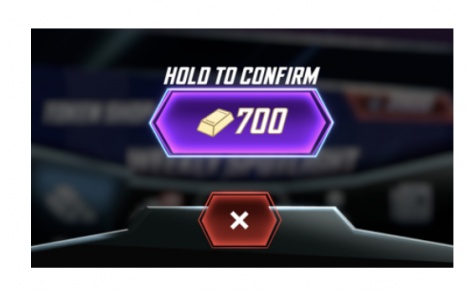
Optional ads (that are disclosed as ads)
According to Sensor Tower’s 2022 State of Gaming report, the option to ‘remove ads’ was the most widely adopted monetisation mechanic amongst the top grossing casual games in the previous year.
Doing ads right can be hard for several reasons. However, one approach I’ve enjoyed seeing is how it’s done in Auxbrain Inc’s Egg Inc – both the decision to make ads optional but also clearly disclosing that it is indeed an ‘ad’ (rather than describing it more obliquely – for example – as just a ‘video’).
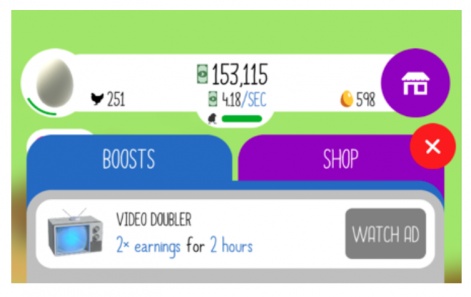
One virtual currency
The Pokémon Company’s Pokémon Quest is often overlooked when it comes to ranking the best Pokémon games. The art has a cute, voxel-style appearance and the game is easygoing and intuitive. What I like most about the game is how the monetisation reflects that too.
The game has one currency – PM Tokens – which can be earned (in a good number) or is included as a bonus for certain real-world money purchases. No confusing multi-currency systems, no working out exchange rates between virtual currencies, just the ability to buy (optional) decorations for your base with real-world money (all eyes on the Lapras pool!).
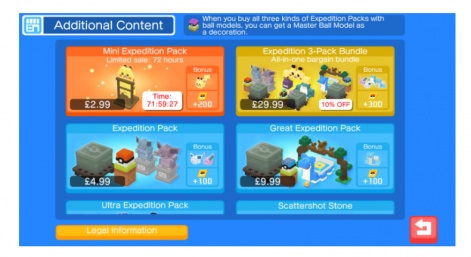
Shop tutorial
Another aspect of the game I really like is its Poké Mart tutorial. Nearly all games have some sort of tutorial for new players when it’s about gameplay, but few take the time to explain how the store works and what you can buy there. It may seem simple, but it’s a great way to educate players about your game economy.
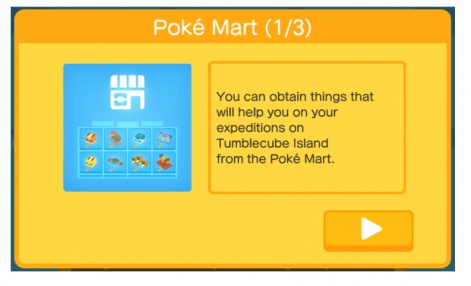
Non-renewing subscriptions
There’s a lot to enjoy about Nexon Games’ Blue Archive. Incredible art and animation, and a seamless blend of tactical firearms combat and education-based admin (in the way only an anime game can).
There’s been a trend in recent years towards auto-renewing subscriptions and battle passes in games, which has received legislative attention in many Western markets. However, Blue Archive has not followed this path, instead offering bundles of purchases on a weekly and monthly basis. Importantly, you’re not tied into a subscription – you simply show up each week/month to make the purchase if you want to. No risk of a subscription running on for longer than you plan.
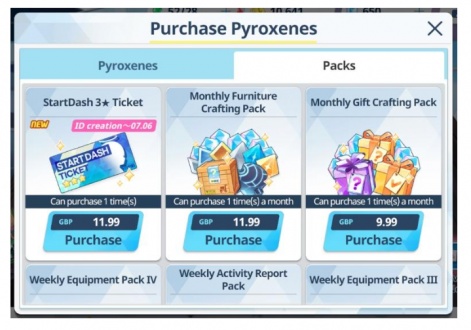
Currency calculations
Earlier this year, Alpha Dog Games and Bethesda Softworks released a nifty top-down roguelite Mighty DOOM. Not only does this genre work neatly in the DOOM universe brought to mobile, but it’s great to see some of the approaches the game has taken regarding monetisation too.
In particular, the game makes it very clear when you are short on virtual currency and, more significantly by how much – this is something that the user is often left to work out by themselves. Going one step further, the game also only ever suggests the lowest priced virtual currency pack you would need to cover the difference rather than directing the user to a more expensive pack. Finally, these purchases always take place outside gameplay, reducing the risk of a user making impulsive decisions.
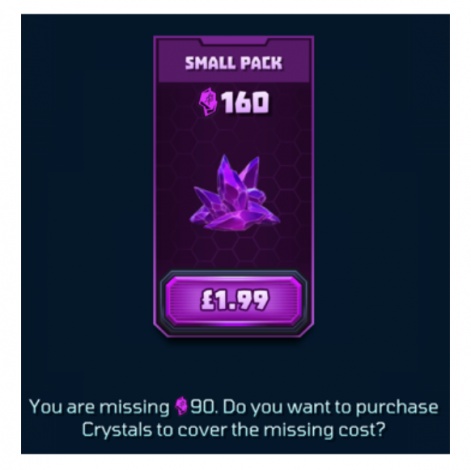
Some F2P monetisation mechanics have got their fair share of bad press over the years, but when done right F2P games can be rewarding for both players and games companies (as well as helping navigate any potential legal risks!).
For more thoughts on the direction of travel in this space, take a look at my interview with Pocket Gamer or come to Pocket Gamer Connects Helsinki in September!
Edited by Paige Cook

